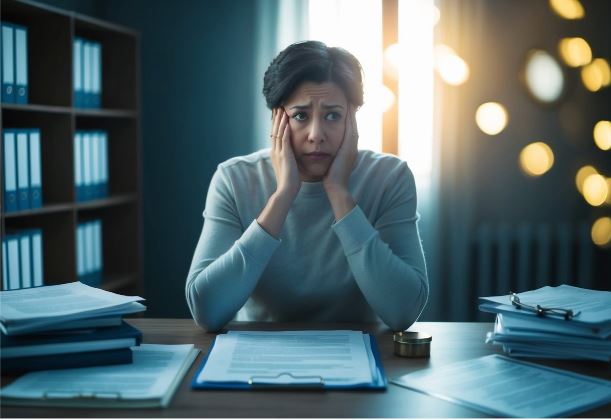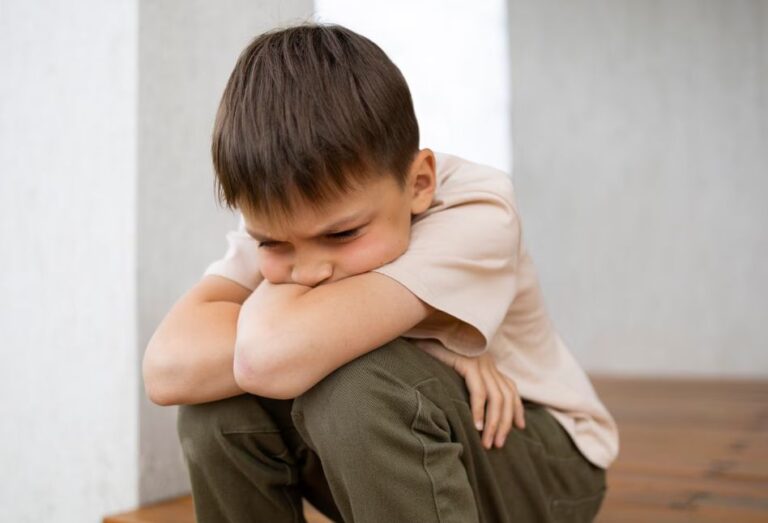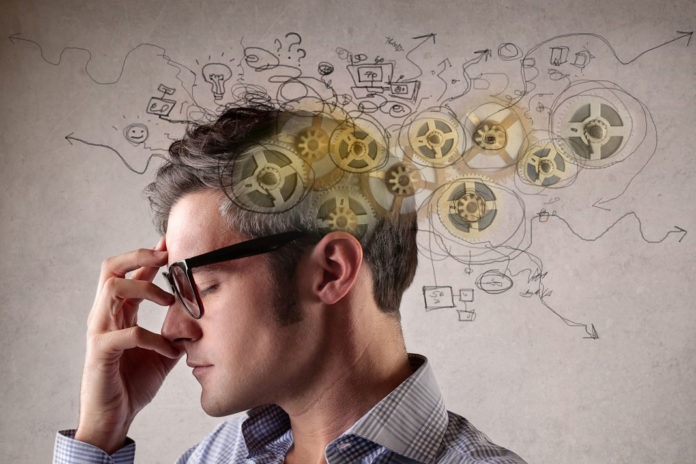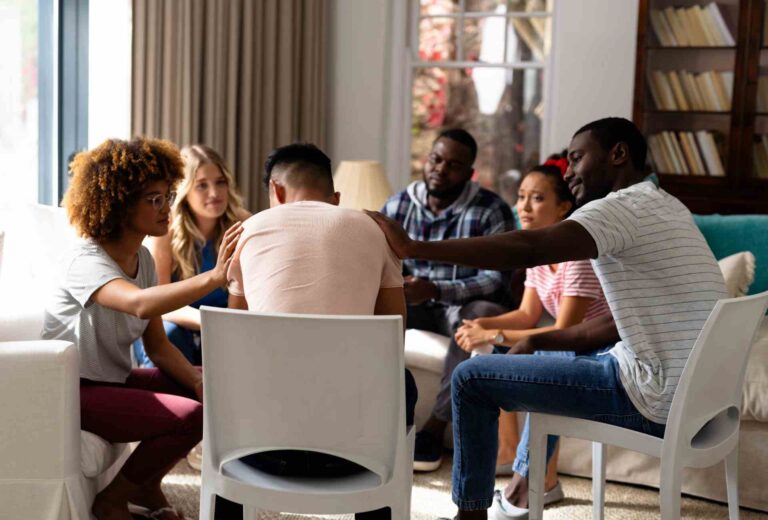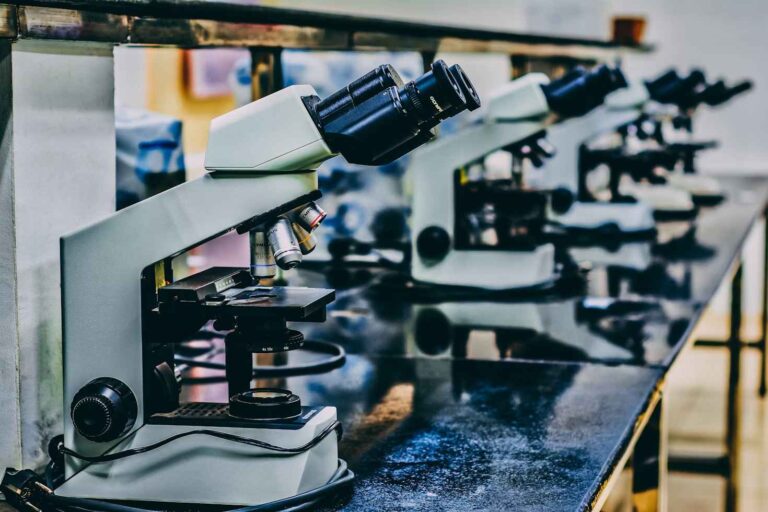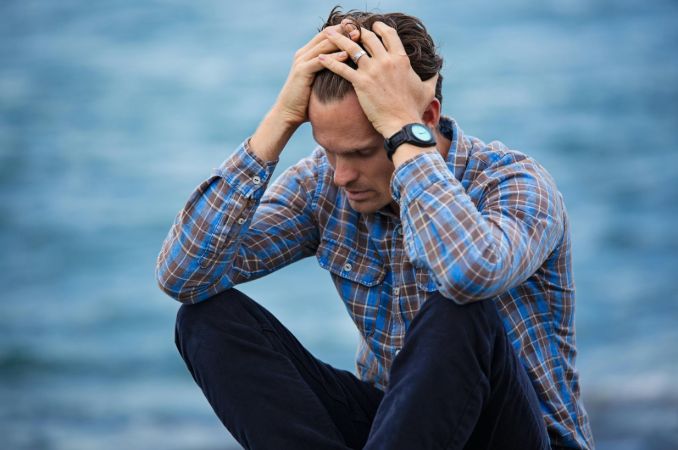Post-traumatic stress disorder (PTSD) is a significant concern for many individuals who have survived accidents, affecting their daily lives and overall well-being. The psychological impact of such events can be profound, leading to trauma responses that require comprehensive support. Legal and psychological assistance are crucial for helping accident victims navigate their PTSD and begin to heal.
Post-Traumatic Stress Disorder (PTSD) affects approximately 5% of the U.S. adult population in any given year, translating to around 13 million Americans. This condition often follows exposure to traumatic events, impacting mental health significantly. The prevalence is higher among women than men, with 5.2% of females and 1.8% of males experiencing PTSD annually. Globally, about 3.9% of the population has experienced PTSD at some point in their lives. Clearly, it affects many, many people. One group it often affects is accident victims.
Victims often face complex challenges as they try to manage the aftermath of their experiences. Access to professional therapy, counseling, and legal resources can make a substantial difference in their recovery journey. These supports are essential for addressing PTSD symptoms, which can manifest long after the initial trauma.
Understanding the available resources can empower victims and their families to take charge of their recovery process. Navigating through the legal systems and accessing appropriate mental health care are vital steps toward finding stability and peace after such life-altering incidents. Comprehensive support systems play a pivotal role in this endeavor.
Understanding PTSD in the Context of Accidents
Accidents can serve as significant triggers for Post-Traumatic Stress Disorder (PTSD). This
section explores what PTSD entails and the role accidents play in its development.
Defining PTSD and Its Symptoms
PTSD is a mental health condition that can occur after experiencing or witnessing a traumatic event. Common symptoms include intrusive memories, avoidance, negative changes in thinking and mood, and changes in physical and emotional reactions. These symptoms often persist for months or longer.
An individual might experience flashbacks or nightmares, making day-to-day activities
challenging. Increased arousal such as being easily startled or feeling tense is also prevalent. It’s crucial for victims to recognize these signs early for timely intervention.
Accidents as a Precipitating Factor for PTSD
Accidents, whether vehicular, workplace, or other types, often involve unexpected trauma. The sudden nature of these incidents can lead to feelings of vulnerability and a loss of control, contributing to PTSD.
Survivors may struggle with reliving the event or experience anxiety related to similar situations. For some, physical injuries sustained during the accident can exacerbate psychological distress. Victims might avoid places, people, or activities related to the incident, impacting their quality of life.
Professional support, both legal and psychological, can be vital for addressing the complex impacts of PTSD post-accident.
Legal Rights and Resources
Victims of accidents often face complex challenges, requiring both legal and psychological support. Understanding personal injury law and the role of attorneys can significantly aid in navigating these situations effectively.
Navigating Personal Injury Law
Personal injury law plays a crucial role in supporting accident victims. It encompasses legal rights and remedies available to those who have suffered harm. Victims can seek compensation for medical expenses, lost wages, and pain and suffering. Each case may involve gathering evidence, filing claims, and negotiating settlements.
Statutes of limitations often apply, meaning there is a limited time to file a lawsuit. Florida, for instance, typically allows four years from the date of the accident. Understanding these timelines is essential for victims to protect their rights.
Victims are often advised to consult with legal experts to navigate these complexities. This ensures that their claims are processed accurately and efficiently.
Role of Personal Injury Attorneys
Personal injury attorneys in Fort Myers, FL provide vital assistance in advocating for accident victims. They offer legal expertise, negotiate with insurance companies, and represent clients in court if necessary. In Fort Myers, FL, attorneys are experienced in handling a variety of accident-related cases, offering specialized knowledge in local laws and regulations.
Effective attorneys work to maximize compensation for their clients. They evaluate evidence, negotiate settlements, and help interpret legal documentation. Their involvement ensures that victims receive fair treatment and adequate compensation for their losses.
Choosing the right attorney can significantly impact the outcome of a case. Victims should seek professionals with a proven track record and specialized expertise relevant to their situation. This can provide the necessary resources and support to effectively address their legal needs.
Psychological Support for Accident Victims
Addressing the mental health needs of accident victims often involves specialized approaches such as individual therapy and community-based support systems. These avenues provide comprehensive resources for coping with trauma.
Counseling and Therapy Options
Accident victims can benefit from various types of counseling and therapy, which are tailored to individual needs. Cognitive Behavioral Therapy (CBT) is widely used, focusing on changing negative thought patterns. Eye Movement Desensitization and Reprocessing (EMDR) may help in reprocessing traumatic memories.
Psychiatrists and psychologists often work together with therapists to provide well-rounded care. Sessions can be both one-on-one or in group settings, depending on the victim’s comfort level. Online counseling is also an option, offering flexibility in scheduling.
These therapies aim to reduce symptoms such as anxiety, depression, and hypervigilance, which are common in PTSD cases. Effective therapy encourages the development of coping strategies, enhancing the recovery process.
Support Groups and Community Resources
Support groups provide a platform for accident victims to share experiences and receive
emotional backing. Peer interactions can be empowering, as participants often feel less
isolated. Community centers may organize regular meetings for such groups.
Non-profit organizations frequently offer specialized programs, sometimes including
workshops and social events. These resources are often available at low or no cost, ensuring accessibility for those in need.
Online forums can serve as an additional community resource, allowing for anonymous
interactions. Such platforms might include spaces for sharing stories, discussing coping
strategies, and accessing educational materials. Access to varied community support can help victims rebuild their lives post-trauma.

